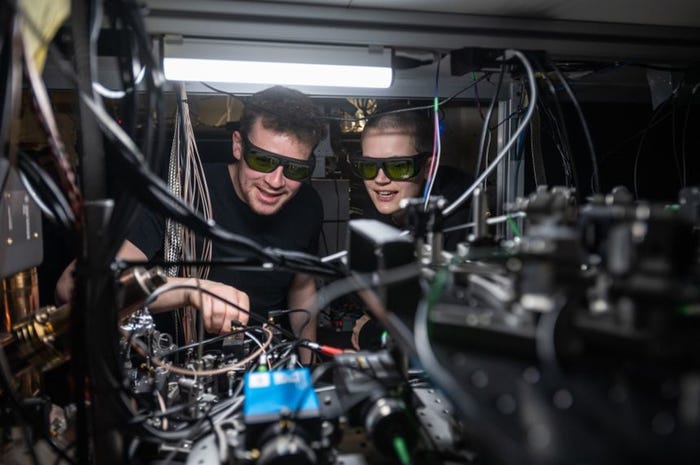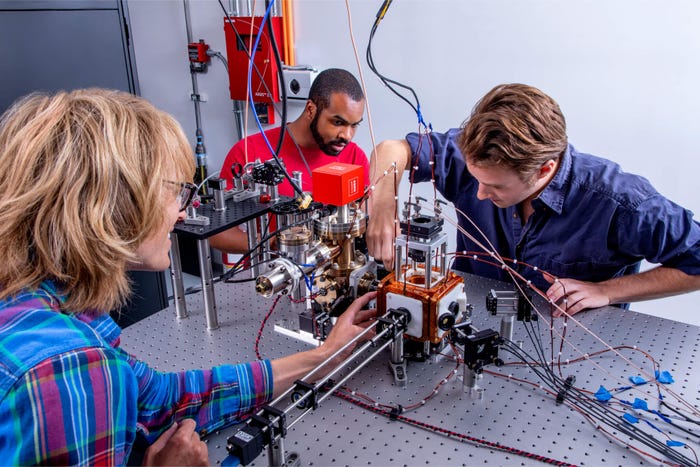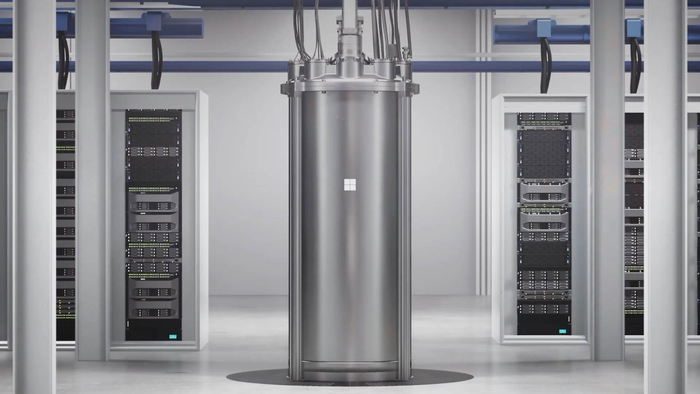
Connects decision-makers and solutions creators to what's next in quantum computing
Airbus Partners, Taps Quantum for Aircraft DesignAirbus Partners, Taps Quantum for Aircraft Design
Collaboration with Oxford Ionics and Quanscient targets computational fluid dynamics
December 10, 2024

Aerospace manufacturer Airbus is partnering with quantum companies Quanscient and Oxford Ionics to develop quantum simulations for computational fluid dynamics (CFD).
CFD uses computer simulation and analysis to predict how fluids move. The aerospace industry uses CFD in aircraft design to predict the performance of aircraft, including its lift, drag, noise, structural load capacity and fuel efficiency, under different conditions.
CFD is compute-intensive and pushes the limits of classical high-performance computers. Quantum computing could improve overall CFD accuracy and dramatically reduce computation time and cost.
Oxford Ionics will combine its powerful quantum computers with Quanscient’s algorithms for CFD to provide a roadmap toward useful CFD simulations on quantum hardware. They will assess quantum simulations for airfoil designs and vehicle aerodynamics, with Airbus providing end-user feedback.
Oxford Ionics has pioneered a patented technology called “Electronic Qubit Control,” which uses electronics, rather than lasers, to control its qubits. This means the technology can be integrated into a thumbnail-sized electronic chip manufactured in standard semiconductor fabs making it readily scalable.
According to the company, its hardware delivers record qubit fidelity, meaning it delivers fewer errors, setting it on a path toward real-world use cases.
“Powerful quantum computers are poised to radically transform how we approach complex computational challenges like CFD – the question is no longer if, but when, we’ll see this value unlocked,” said Oxford Ionics co-founder and CEO Chris Balance.
“We are thrilled to be working with Quanscient and Airbus to take fundamental steps towards making this future a reality. Through our partnership together, we look forward to identifying truly groundbreaking solutions to some of the hardest challenges facing the aerospace industry today.”
The program is part of the U.K.’s National Quantum Computing Center (NQCC) SparQ initiative aimed at discovering new quantum applications.
You May Also Like




